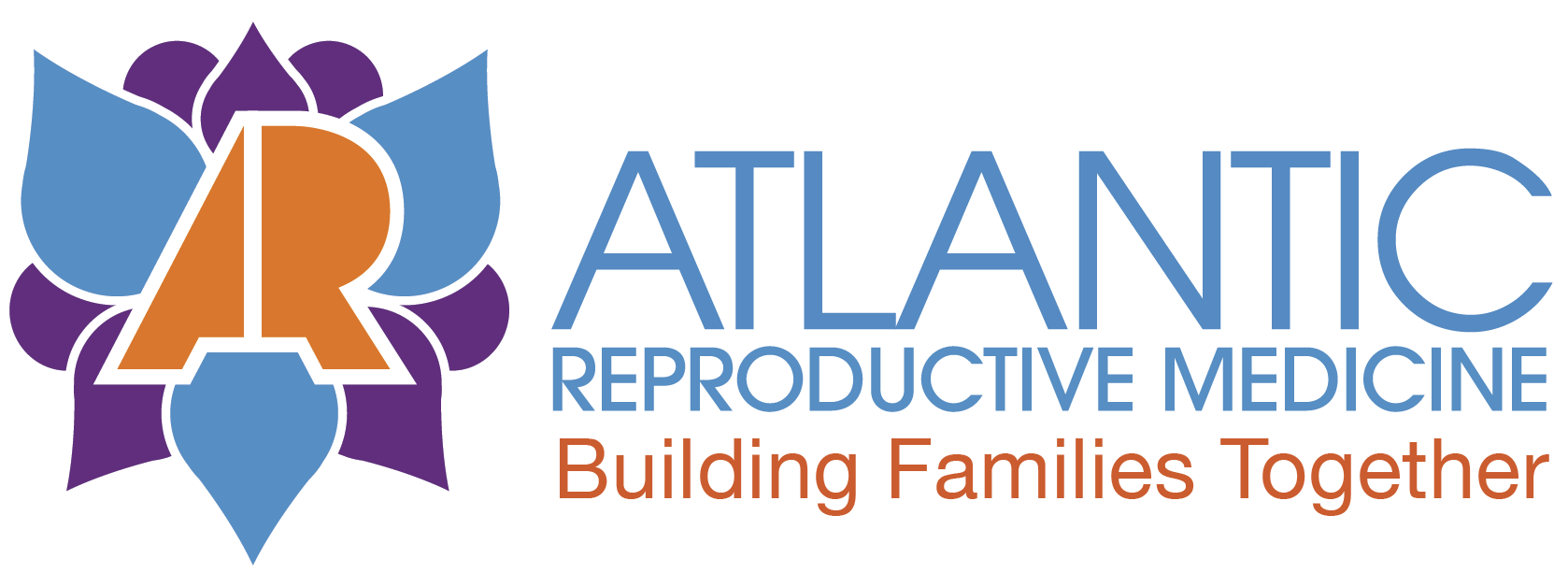Preimplantation Genetic Testing (PGT):
What You Need to Know
What is Preimplantation Genetic Testing?
Preimplantation Genetic Testing (PGT) is a specialized procedure performed during IVF that examines embryos for genetic abnormalities before they’re transferred to the uterus. This testing analyzes cells from the trophectoderm (future placenta), without affecting the cells that will develop into the baby.
Watch this video to learn about preimplantation genetic testing (PGT) and how it helps with IVF success:
Types of Preimplantation Genetic Testing
Aneuploidy
PGT-M (Monogenic/Single Gene Testing)
PGT-SR (Structural Rearrangements)
PGT-A
- Tests for: Abnormal chromosome numbers (aneuploidy)
- Benefits: Reduces miscarriage risk and improves implantation rates
- Key fact: Aneuploidy is a major cause of failed implantation and miscarriage
PGT-M
- Formerly called: Preimplantation Genetic Diagnosis (PGD)
- Tests for: Specific inherited genetic diseases caused by single gene mutations
- Examples: Cystic fibrosis, Huntington's disease, sickle cell anemia, Tay-Sachs
- Also screens for: Sex-linked conditions (like hemophilia and muscular dystrophies)
PGT-SR
- Tests for: Structural chromosome abnormalities
- Recommended for: Patients with known chromosomal rearrangements
- Benefits: Helps prevent recurrent miscarriages caused by chromosomal issues
Who Should Consider PGT?
PGT may be recommended if you:
- Older maternal age (35+)
- Have experienced recurrent pregnancy loss
- Want to reduce the risk of chromosomal abnormalities
- Carry known genetic disorders or chromosomal rearrangements
Understanding the Costs and Risks
Costs
- PGT typically adds $4,000-$7,000 to IVF costs
- Includes specialized sampling and laboratory testing fees
Potential Risks
- Some genetic conditions may not be detected
- All embryos might be affected, leaving none for transfer
- Confirmation through prenatal testing is recommended during pregnancy
Schedule a Consultation
Located in Raleigh, NC, Atlantic Reproductive is a premier fertility clinic serving patients throughout the Triangle area, including Durham, Cary, Chapel Hill, and Fayetteville.
Please contact us today to discuss how PGT can help you achieve your dream of a healthy family.
